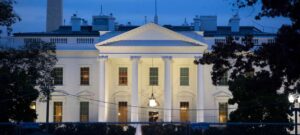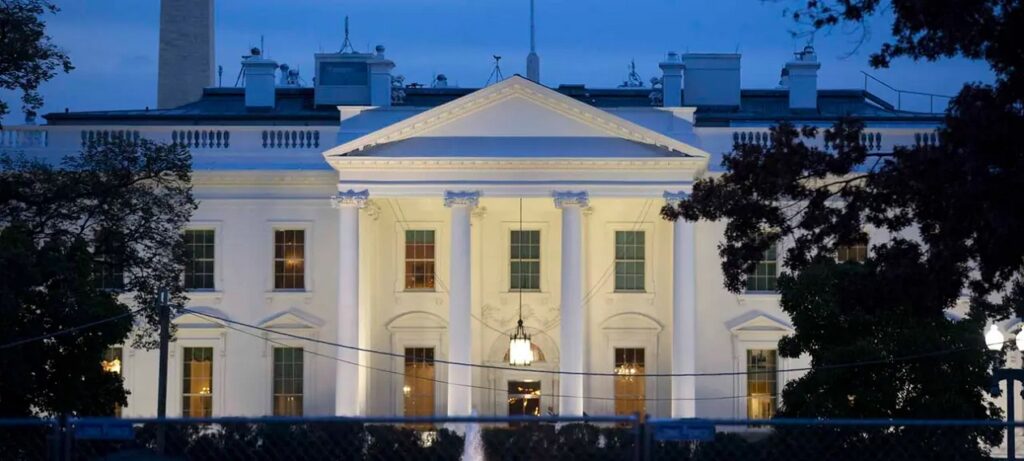
US Imposes 500 New Sanctions on Russia
After the death of Kremlin critic Navalny, the USA is intensifying its stance towards Russia. President Biden announced 500 new sanctions. They also target individuals and entities in eleven other countries.
The USA has announced over 500 new sanctions against Russia. The reason cited was the ongoing war and the death of regime critic Alexei Navalny, as stated by the US Presidential Office. The measures are aimed at individuals related to Navalny’s imprisonment, the Russian financial sector, and the military-industrial complex.
“They will ensure that Putin pays an even higher price for his aggression abroad and his repression at home,” said US President Joe Biden. “We are also imposing new export restrictions on nearly 100 companies that support Russia’s war machinery through back channels.” This is to prevent existing sanctions from being bypassed through third countries.
“We are taking actions to further reduce revenues from the Russian energy sector,” Biden continued. He also directed his team to enhance support “for civil society, independent media, and all those around the globe advocating for democracy.” Putin has severely miscalculated, and the “brave Ukrainian people continue to fight and are determined to defend their freedom and future,” said the US President.
Non-Russians Also Sanctioned
The new measures include sanctions against three Russian government officials in connection with Navalny’s death, as announced by the US Treasury Department. Hundreds of entities in Russia’s military-industrial sector are also affected.
In addition to individuals and entities based in Russia, individuals outside Russia are also targeted, “who facilitate, orchestrate, participate in, or otherwise support the transfer of critical technology and equipment to Russia’s military-industrial base.” These include individuals and entities in eleven countries, including China, Serbia, the United Arab Emirates, and Liechtenstein.
As a result of the new sanctions, potential assets of the affected individuals in the USA will be frozen. US citizens or individuals in the United States are prohibited from engaging in business with the sanctioned companies and individuals. International transactions for the affected parties are also significantly more challenging due to the sanctions.
“Diminishing Kremlin’s revenue”
Deputy US Treasury Secretary Wally Adeyemo also announced further sanctions related to the Western pricing cap on Russian oil exports to third countries. The escalation aims to “diminish the Kremlin’s revenue while enabling oil to reach the market.”
The US State Department is also sanctioning those who ensure that Russia continues to maintain significant revenue sources in the energy sector, according to the US government. With this money, Russia’s ability to sustain the war of aggression against Ukraine is upheld.
New billion-dollar aid is pending in Congress
However, Ukraine is running out of ammunition. Therefore, the US Congress urgently needs to approve the multi-billion-dollar military aid package for Kyiv, urged Biden. The aid package, which includes $60 billion for Ukraine, has already passed the Senate as the second chamber of Parliament. However, the House of Representatives is seen as a greater hurdle.
It is questionable whether the House Speaker, Mike Johnson, known as a hardliner from the camp of former President Donald Trump, will even put the bill to a vote. If not, supporters would have to take parliamentary detours to force a vote.
The USA and other Western countries have already imposed extensive sanctions on Russia. This week, representatives of the 27 EU member states also agreed on new sanctions against Russia.
Russia responds with entry bans
In response to the new EU sanctions, Russia has announced an expansion of entry bans. Several representatives of European law enforcement authorities and trade organizations, as well as citizens of EU countries that militarily supported Ukraine, are now prohibited from entering Russia, the Foreign Ministry in Moscow stated. However, the authority did not mention specific names or the number of affected Europeans.
